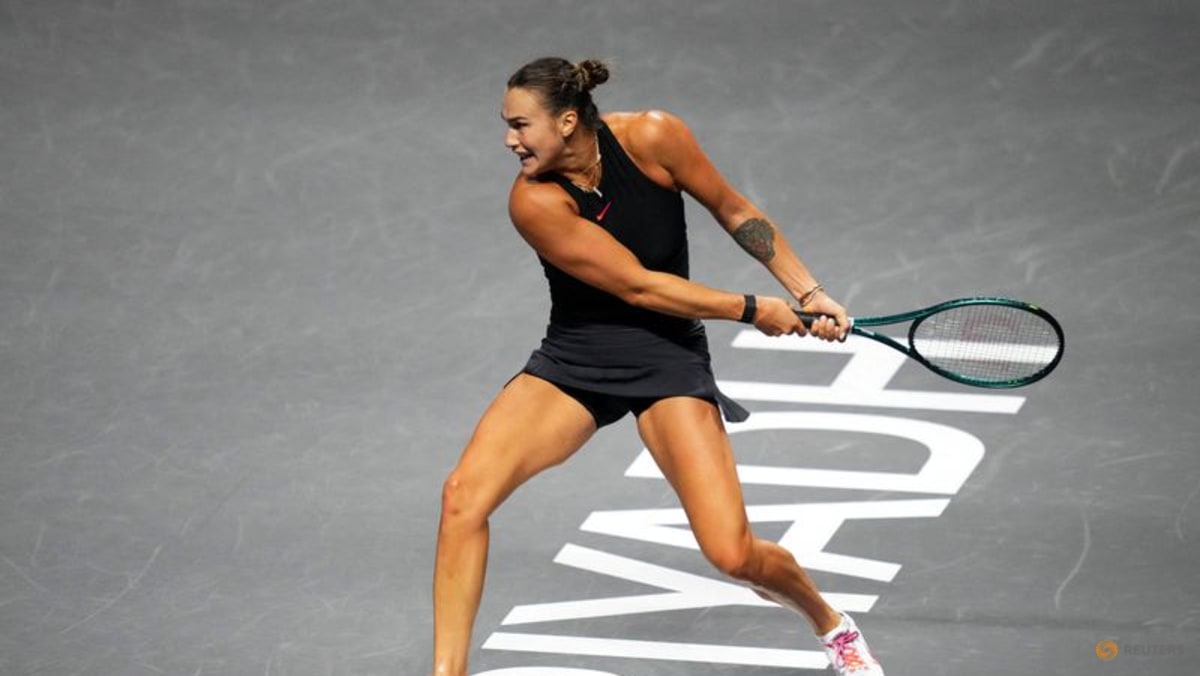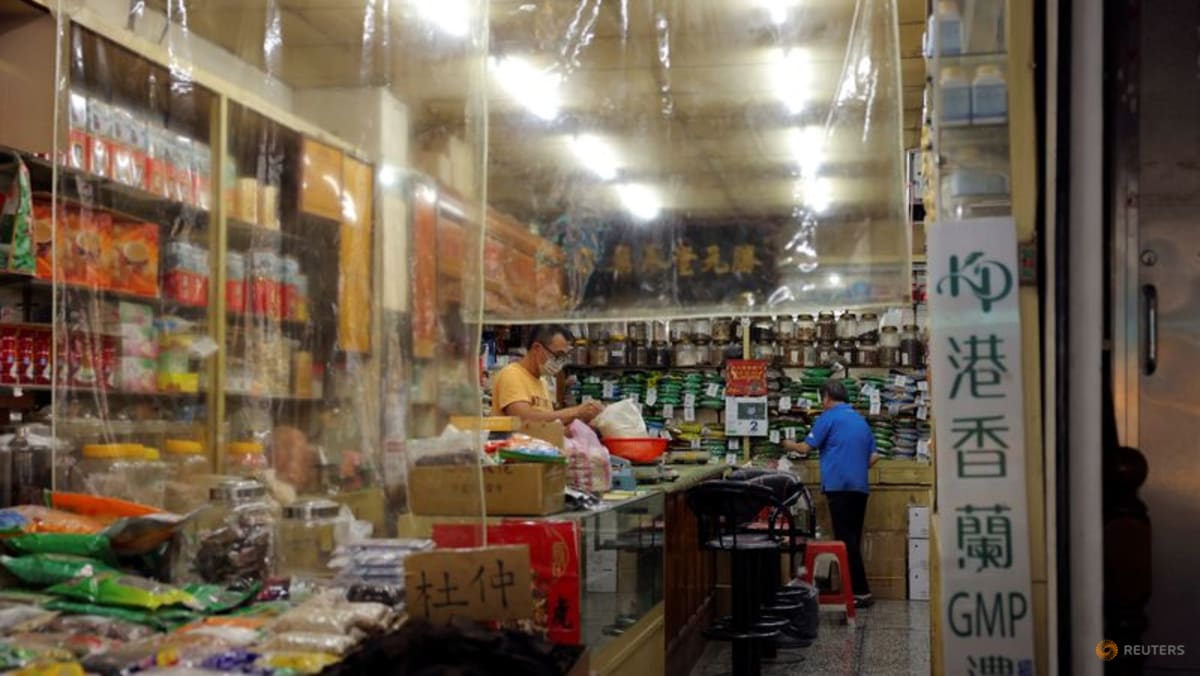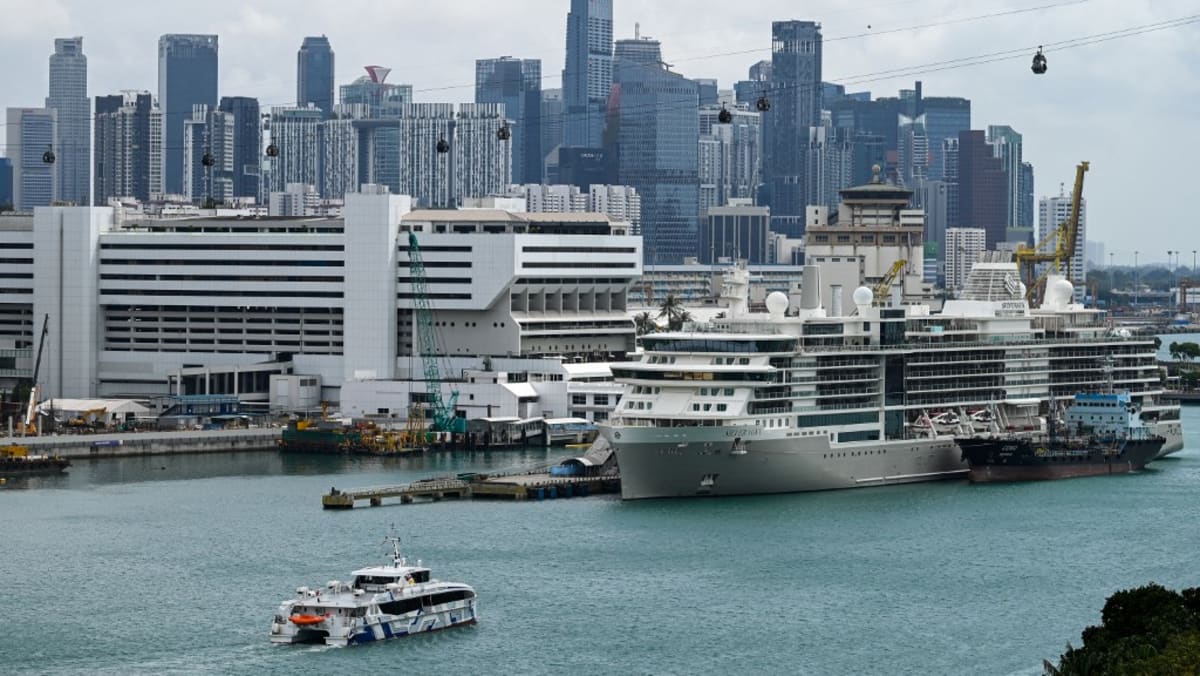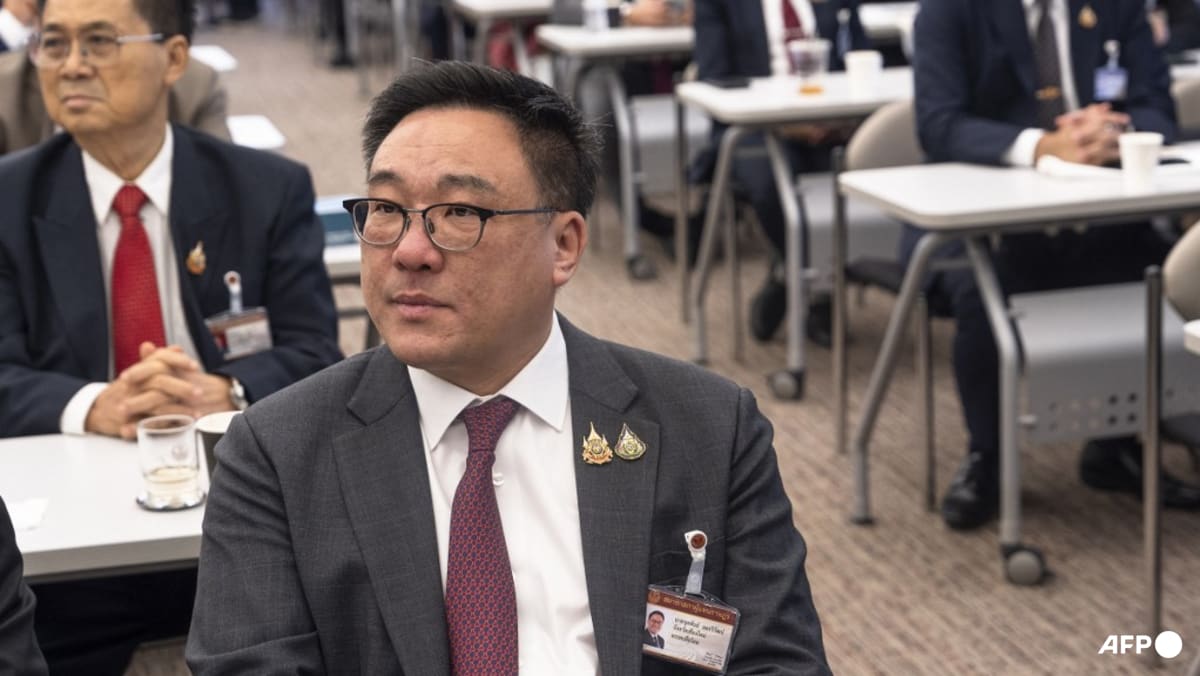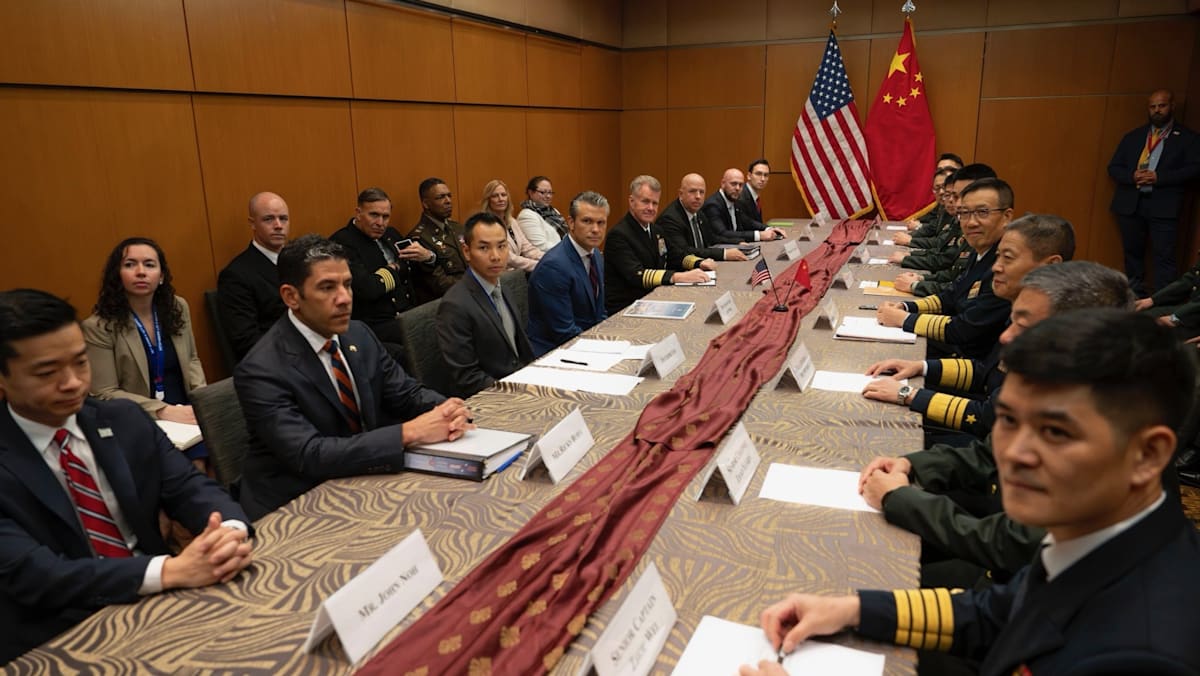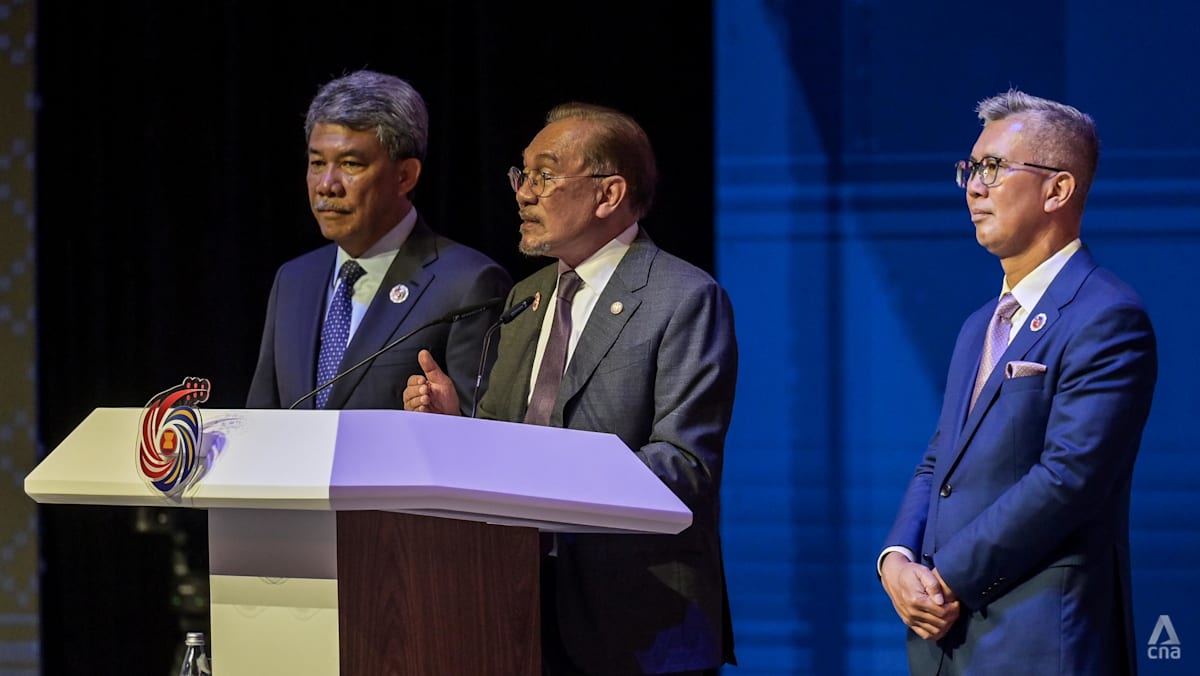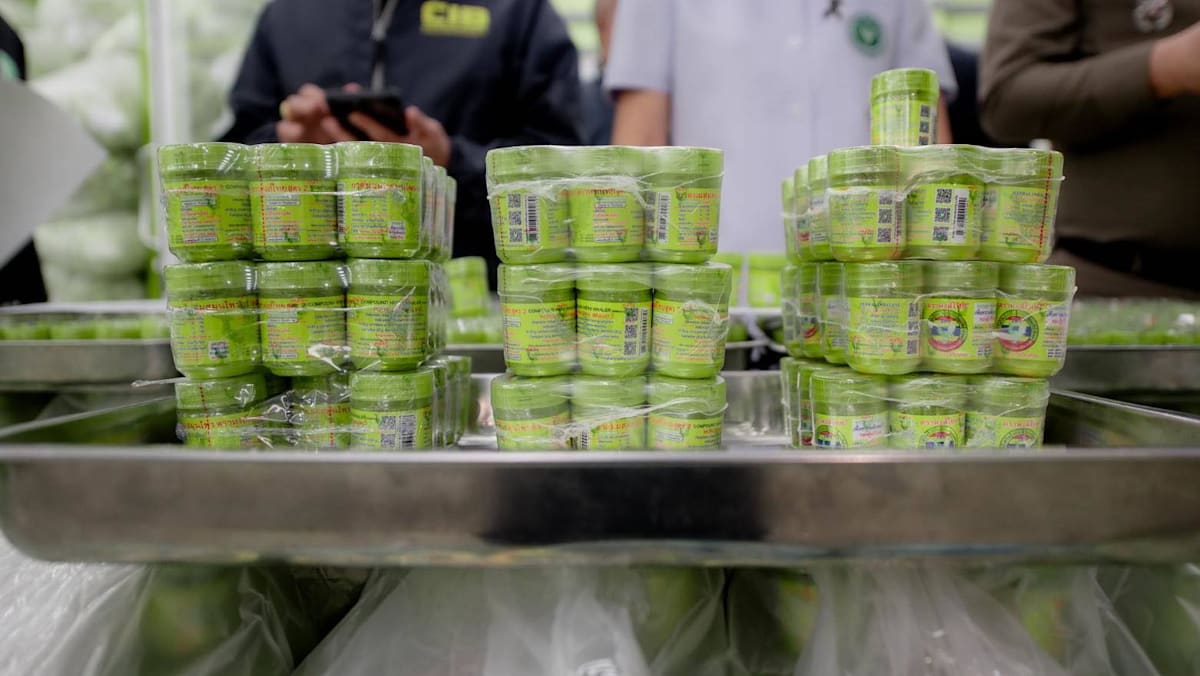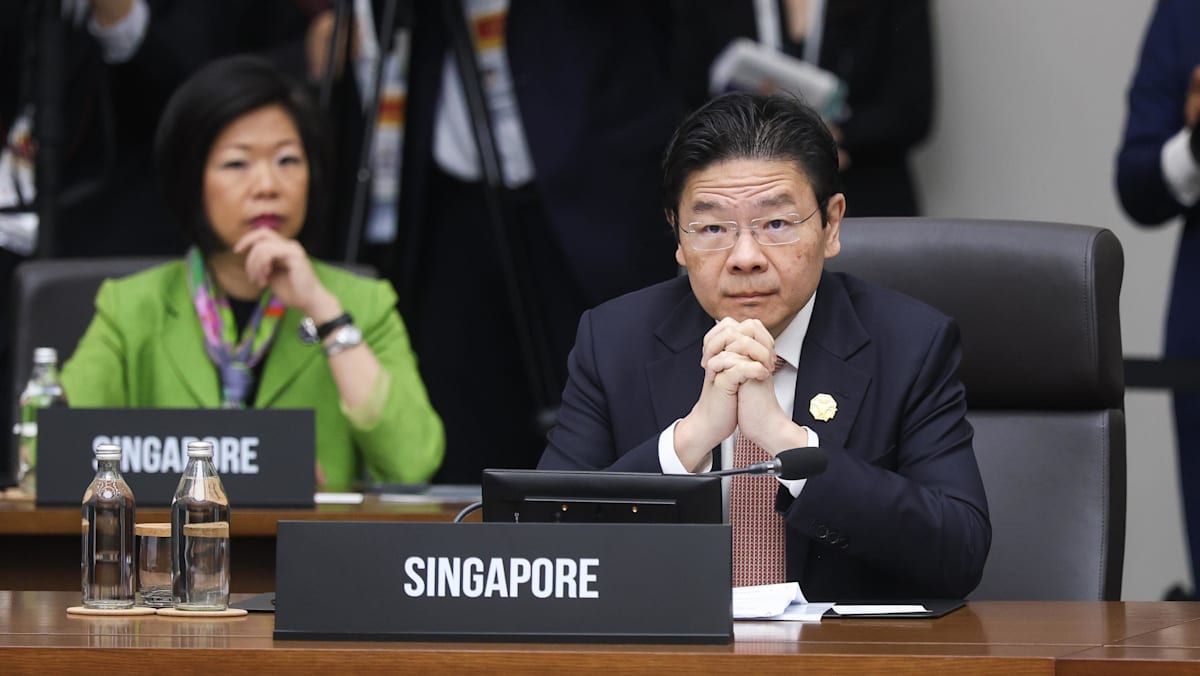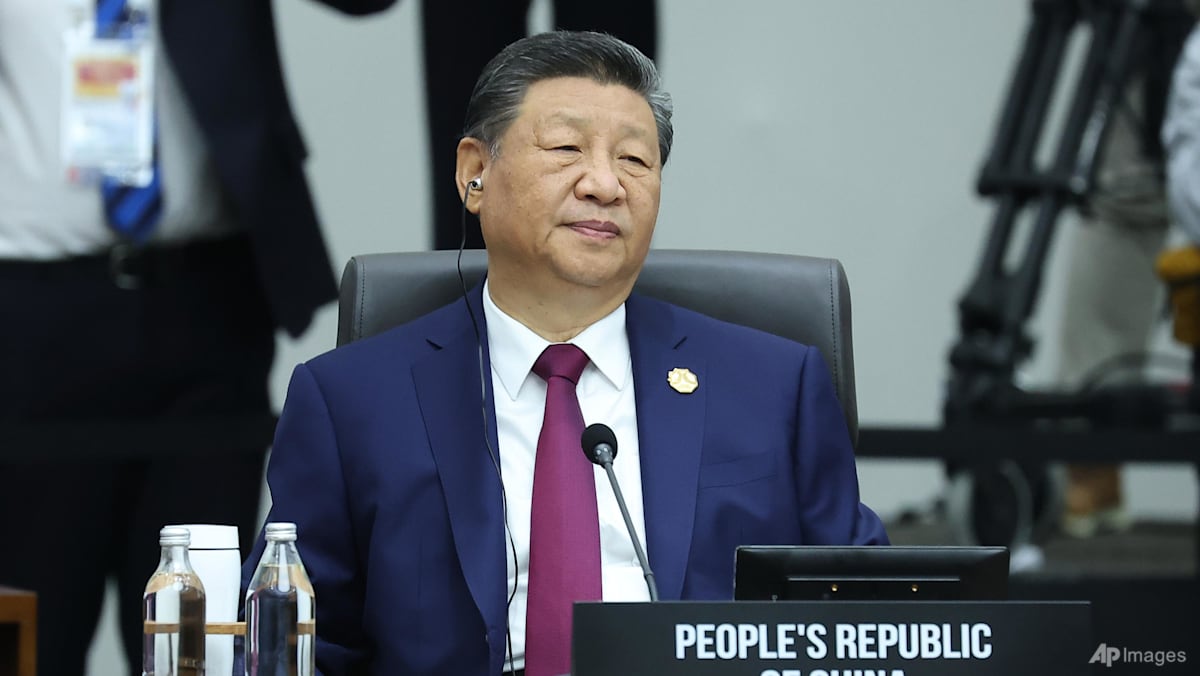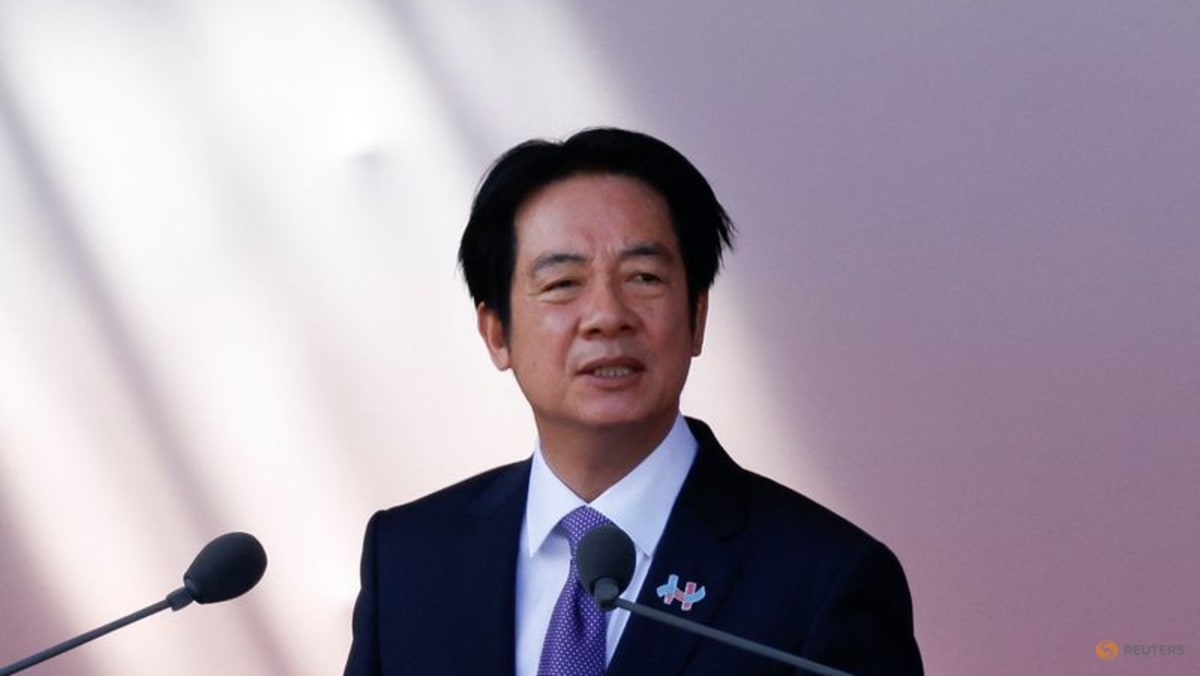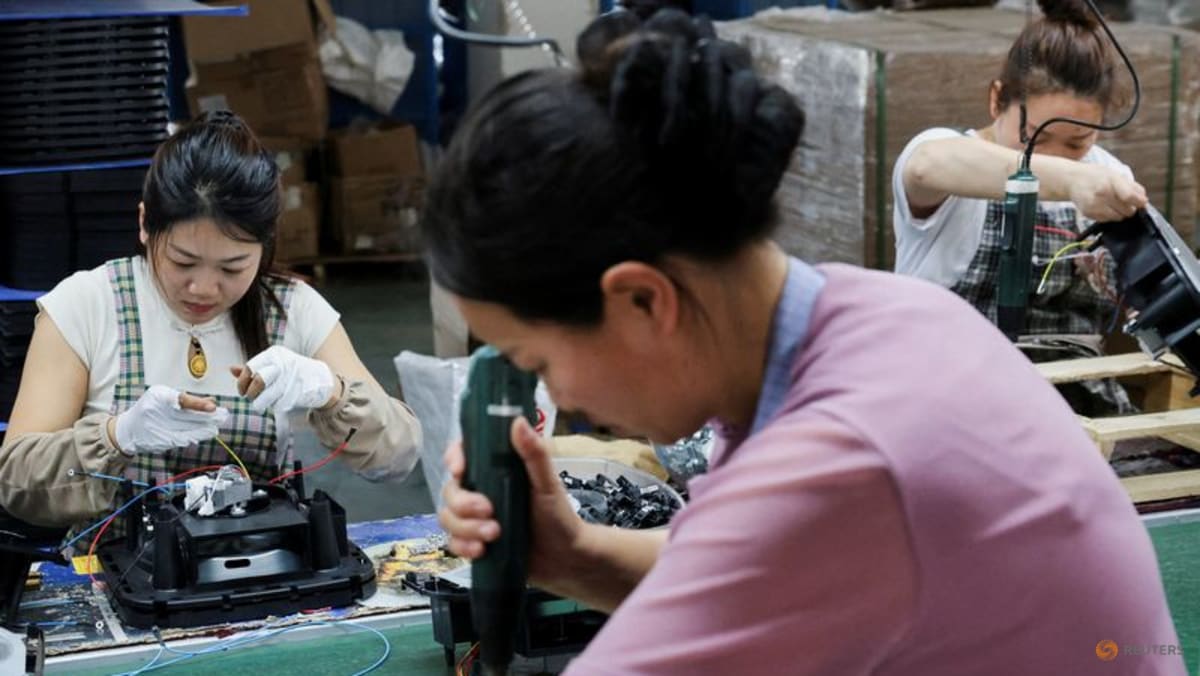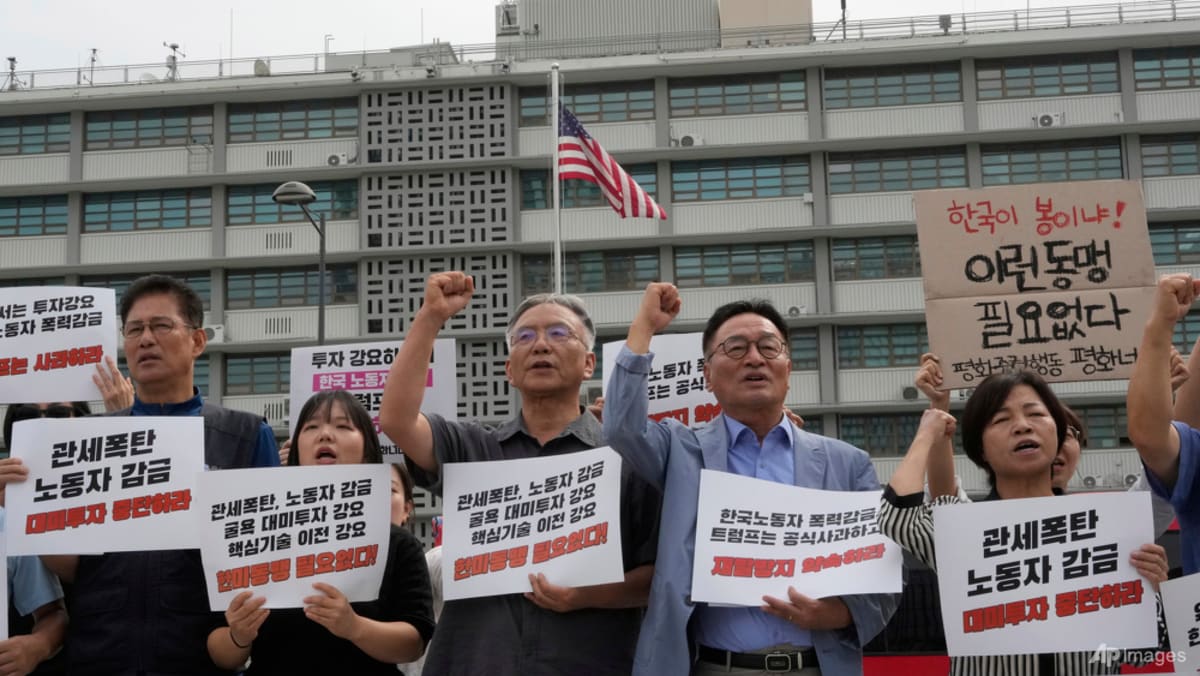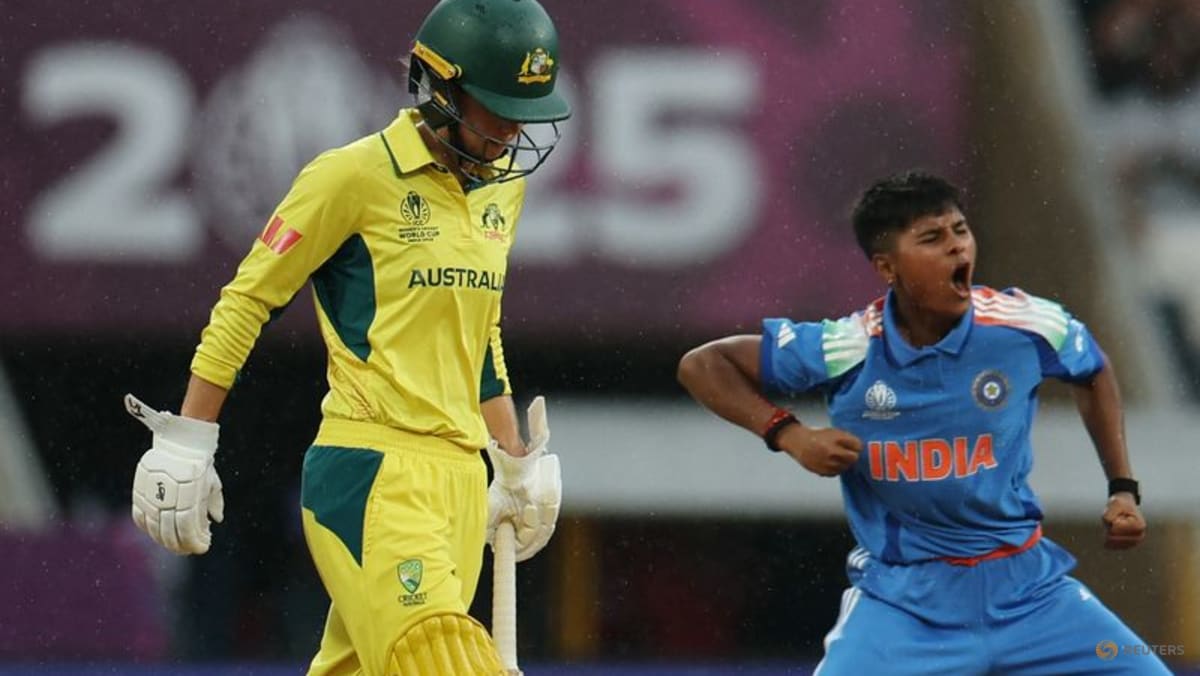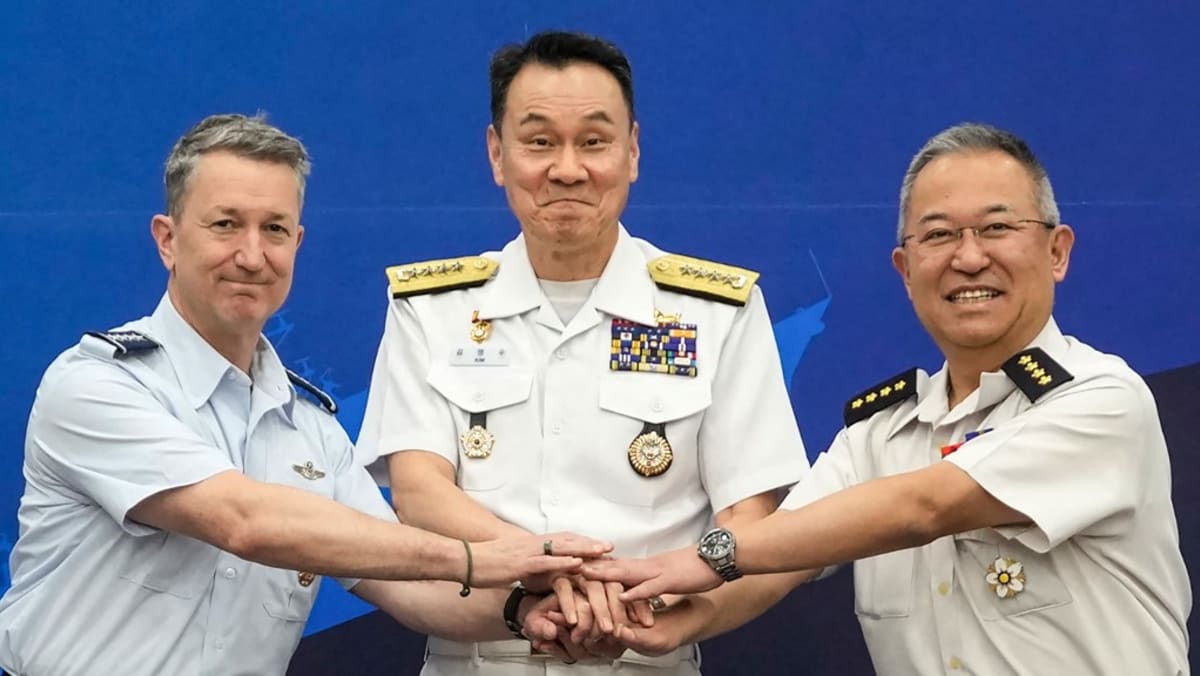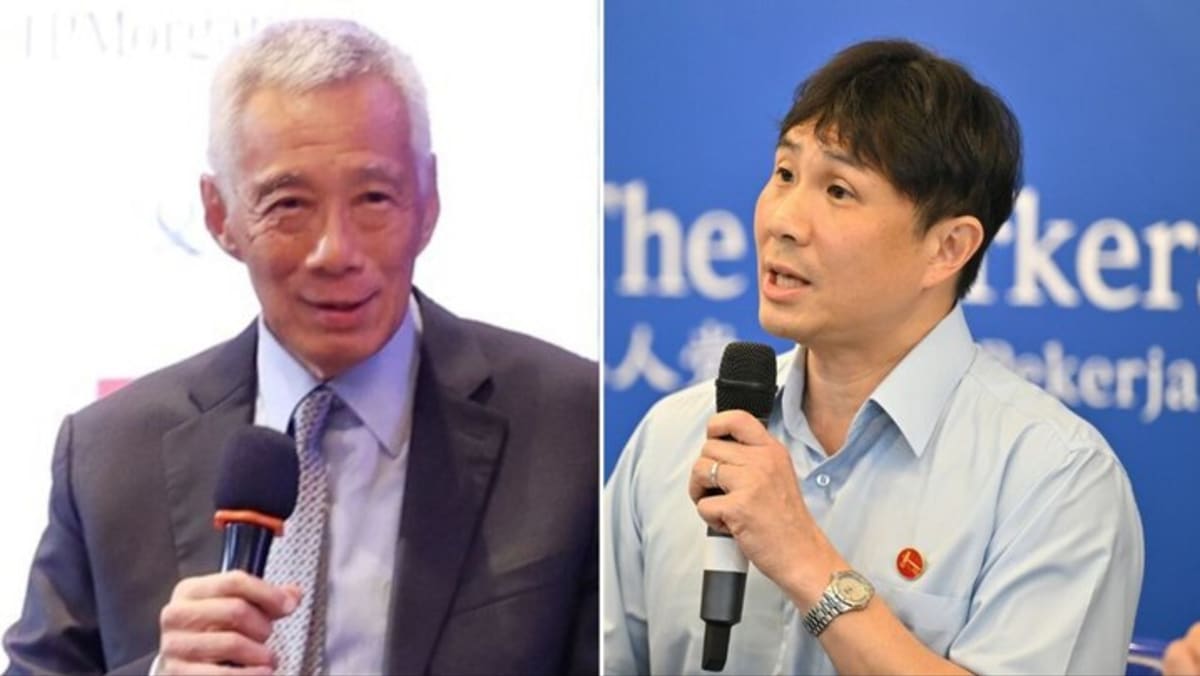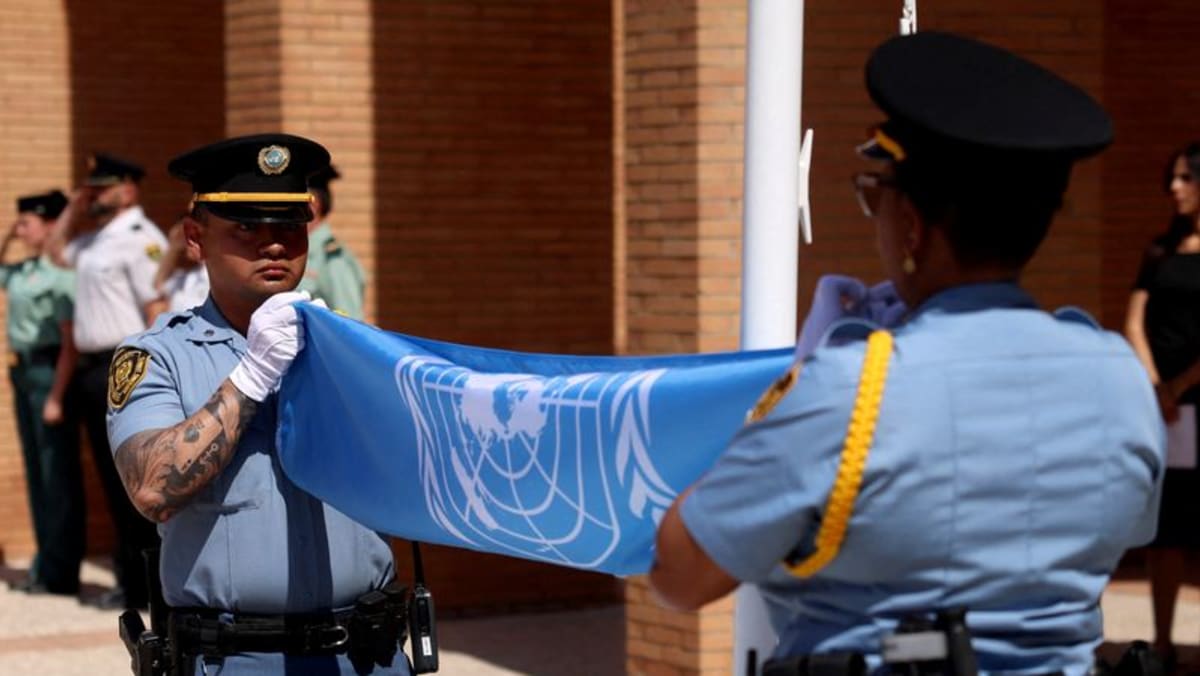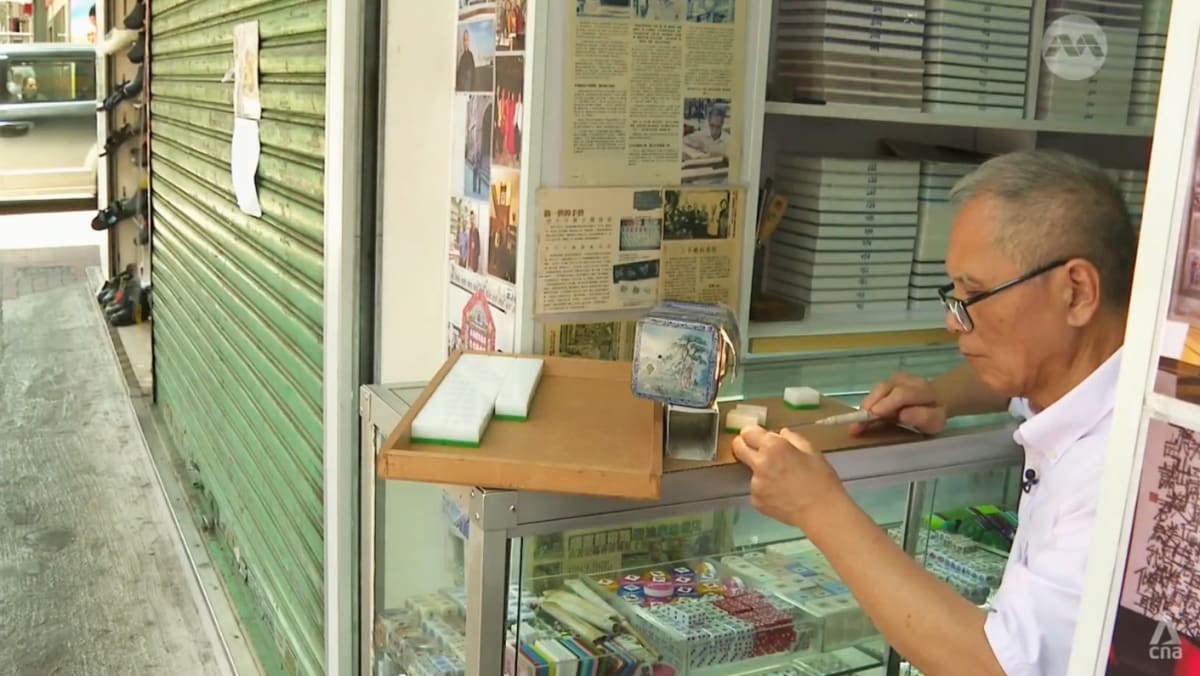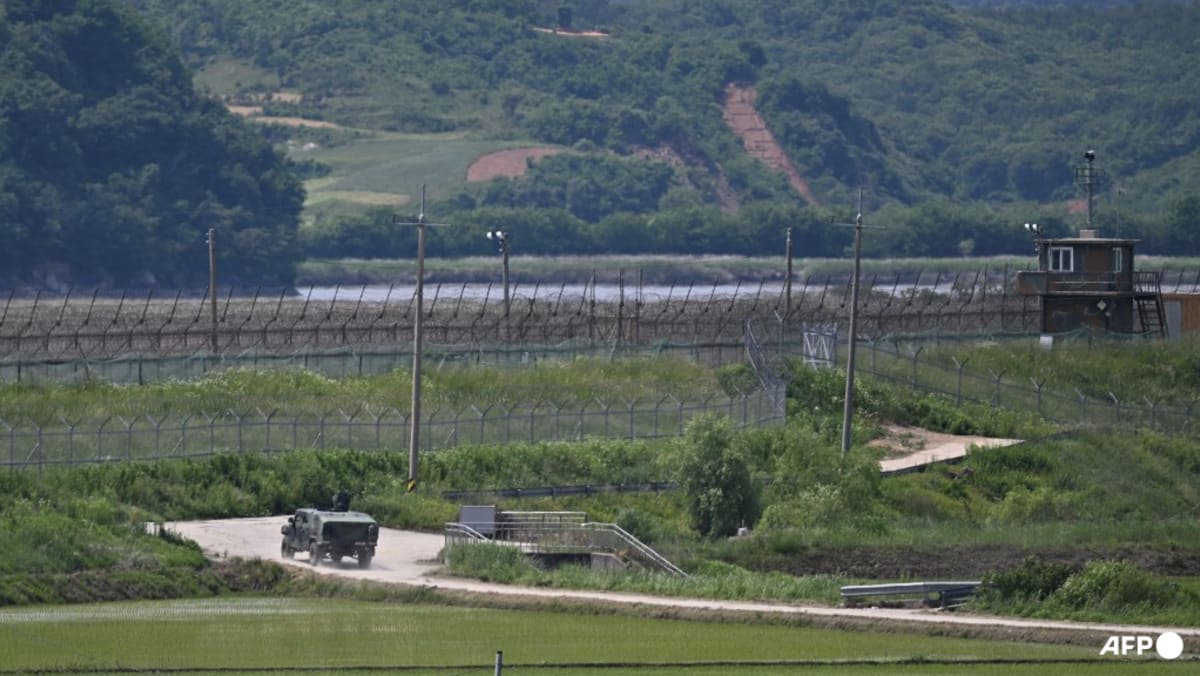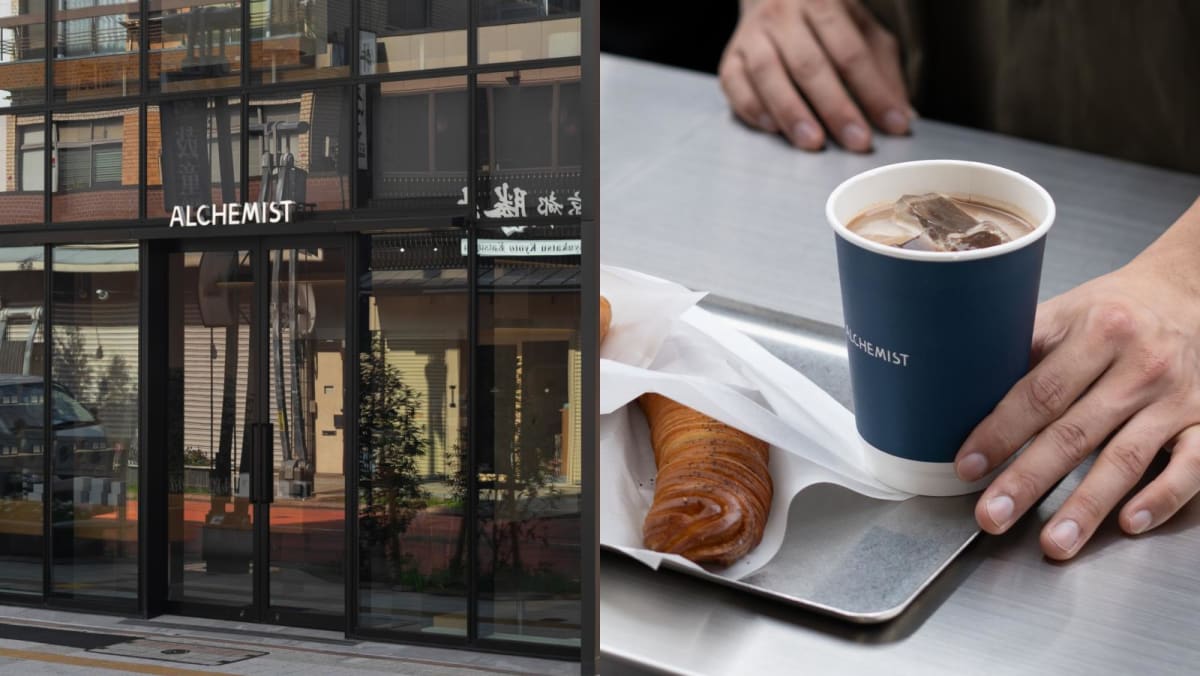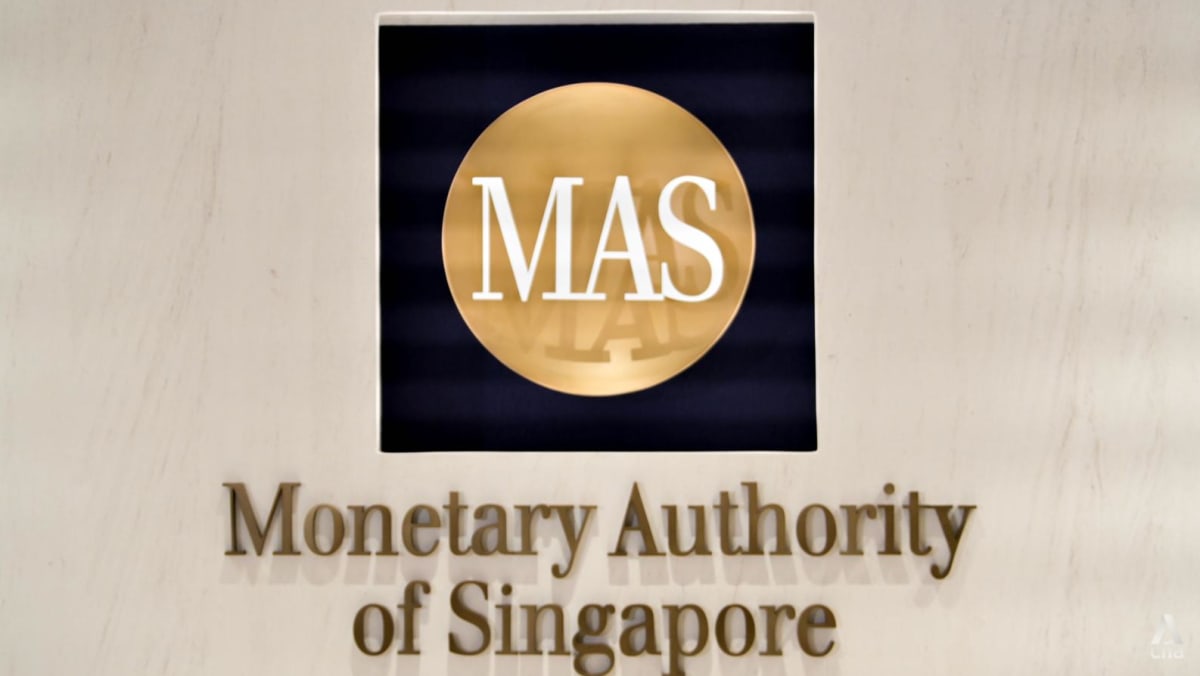STOCKHOLM: US and Chinese officials agreed on Tuesday (Jul 29) to seek an extension of their 90-day tariff truce following two days of talks in Stockholm, aimed at defusing a trade war between the world’s two biggest economies that has rattled global markets.
No major breakthroughs were announced, and US officials said it would be up to President Donald Trump to decide whether to extend the truce that expires on Aug 12 or allow tariffs to return to triple-digit levels.
POSITIVE TALKS IN SWEDEN
US Treasury Secretary Scott Bessent told reporters that another 90-day extension was one option being considered. “We’ll report back to him the process we had here. We had constructive meetings for sure,” US Trade Representative Jamieson Greer said after talks at Rosenbad, the Swedish prime minister’s office.
Bessent added that there would likely be another round of talks in about 90 days and said discussions on restoring the flow of Chinese rare earth minerals, halted during previous disputes, were becoming more refined after earlier meetings in Geneva and London.
“There was good personal interaction being built up, good, mutual respect. I think we understand their agenda much better,” he said.
On Tuesday, Trump told reporters aboard Air Force One that he had just spoken with Bessent, who described the meeting with Chinese officials as “very good”. “He felt very good about the meeting, better than he felt yesterday,” Trump said as he returned to Washington after a five-day visit to Scotland.
CHINA'S POSITION AND FUTURE TALKS
China’s top trade negotiator Li Chenggang said both sides recognized the importance of maintaining a stable economic relationship. “The Chinese and US economic and trade teams will maintain active communication and continue to promote the stable and healthy development of bilateral economic and trade relations,” Li said.
The talks could set the stage for a potential meeting between Trump and Chinese President Xi Jinping later this year, though Trump denied actively seeking one.
US officials have pressed China to shift away from a state-led, export-driven economy to one powered by domestic consumption. China, for its part, says US national security export controls are designed to stifle its growth, while Washington argues China’s model floods world markets with cheap goods.
EU DEAL AND INDIA COMMENT
The Stockholm talks followed Trump’s agreement with the European Union on Sunday for a 15 per cent tariff on most EU goods exported to the US, which France criticised as a “submission”. Germany also warned of “significant” economic damage from the deal.
Analysts say China, with its grip on global rare earth supplies, can afford to wait out talks longer than the EU, which relies more heavily on US security ties.
When asked about a possible trade deal with India, another major trading partner, Trump said no agreement had been finalised and noted that India imposes higher tariffs than most other countries.
The International Monetary Fund has warned that the expiry of the tariff truce without an agreement could disrupt global supply chains and weigh on economic growth.

